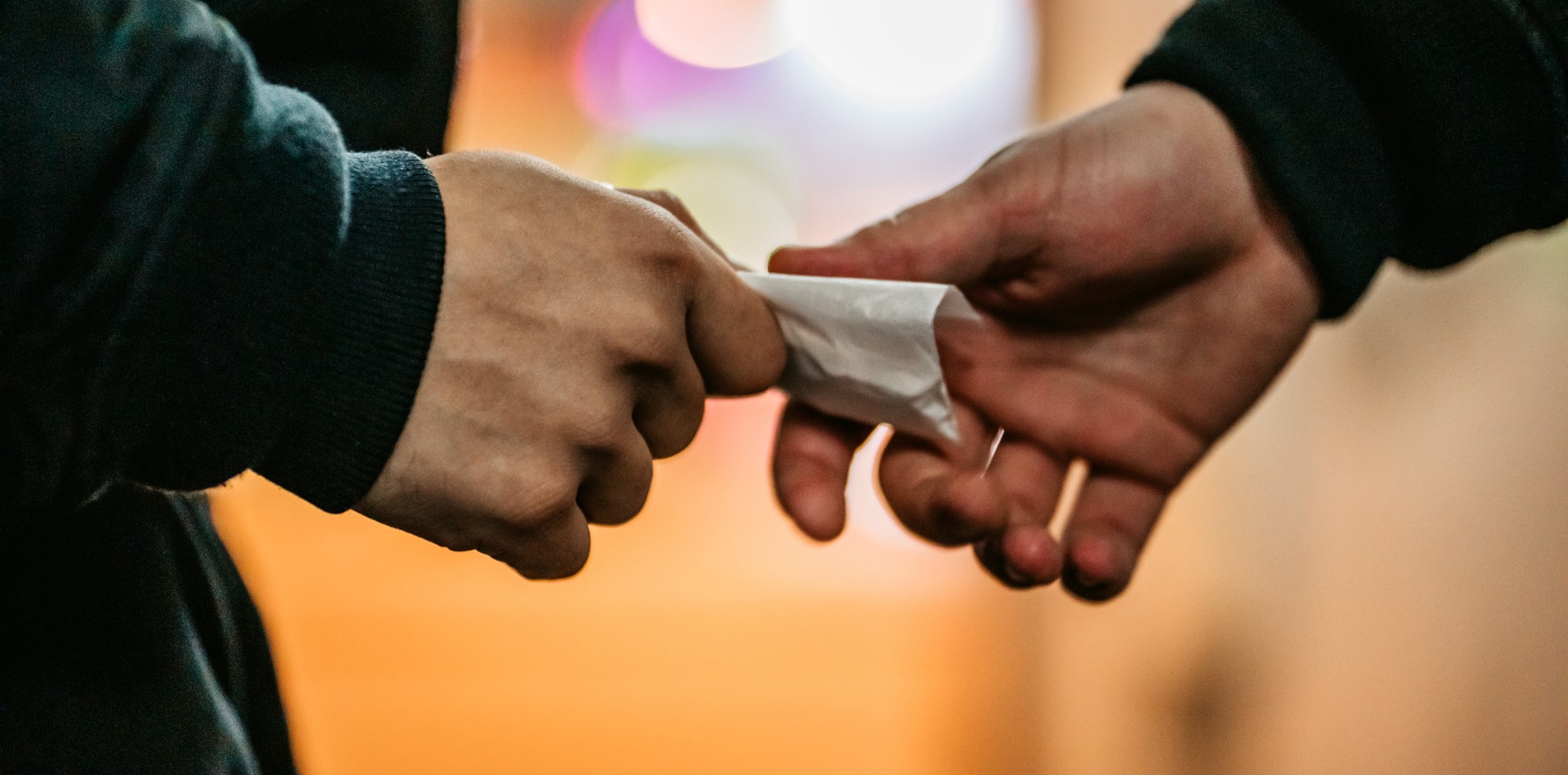No topic felt off limits, says chair of the RACGP’s specific interest group on addiction.
The New South Wales government has promised $21 million over four years for the funding of drug and alcohol treatment services on day two of the NSW Drug Summit.
Today, Lismore is hosting the second day of the NSW Drug Summit – an election promise of the Minns government.
The last summit, held 25 years ago, was the birthplace of the first medically supervised injecting clinic in King’s Cross.
The summit promises to explore major drug reforms, including drug checking and improved funding of alcohol and drug treatment services.
Ahead of the summit, premier Chris Minns said he wouldn’t put the “cart before the horse”, but there was appetite to “challenge the prevailing system.”
NSW minister for health Ryan Park said on Friday that the summit would cover prevention and harm minimisation.
“But treatment is equally as important, and I’m so glad that we’re able to expand access to it in this part of the world,” he said.
Media were kept out of all but the opening speeches on the inaugural day in Griffith on Friday, but it was decided to allow co-chairs to present summaries of each session to reporters.
Speaking to The Medical Republic, chair of the RACGP’s specific interest group on addiction Dr Hester Wilson, who attended day one, said it helped create a safe space for discussion.
“From my point of view, I think one of the things that was important about that is that there were a number of people with lived and living experience of drug use [in attendance], and so creating a sense of safety for them was important,” she said.
According to Dr Wilson, the summit touched on a broad array of topics, including access inequity and stigma.
“It’s really great that it’s got the Lismore and Griffith rural portions going ahead first, acknowledging the issues in rural and regional NSW, but also Australia more broadly, around access and health issues,” she said.
“The co-chairs, [John] Brogden and [Carmel] Tebbutt were wonderful, very open … and it’s very clear that they wanted to hear what people had to say.
“I know there were some concerns about not everybody who wanted to come along being able to attend, but there was a wide range of people, from people with lived and living experience of drug use, to police and judges involved in merit and drug court, health services, youth services, general practice, virtual online services, government and non-government [care] … some advocacy groups.
“I’m sure it will be a very thoughtful report that Brogden and Tebbutt write, and then we’ll see what comes out of that.”
Ahead of the summit, one major reform was taken off the menu.
Mr Minns said the party did not “have a mandate” for legalising cannabis.
“I can’t introduce a policy of that magnitude without asking for voter support, and as a result of that, I’ve got to manage expectations.
“That’s not on [the government’s] agenda.”
Dr Wilson said nevertheless it felt like no topic was off limits.
“There was far-reaching conversation, across all aspects: substance safety checking, drug pill testing, changing the laws, how can we ensure that it’s person-centered care so that people can access the care where and when they want it, the important role the general practice plays in that.
“Honestly, it didn’t feel like there were any topics that were not allowed to be talked about.”
During the summit, Mr Park announced the commitment of $9.8 million to treatment services in Murrumbidgee.
“Substance use can be a confronting and challenging issue, which is why it’s so important we continue to support community organisations such as Karralika and Directions Health in the essential work they do,” he said.
Today, the federal government has announced that it will commit $21 million over four years for drug and alcohol services in northern NSW.
This includes $6.8 million for three new programs provided by not-for-profit AOD and mental health organisation The Buttery.
“This funding will focus on increasing access to evidence-based treatment, prevention, and early intervention services especially in regional and rural areas,” said Mr Park.
“These new programs are tailored to meet the unique needs of people living in regional areas, and priority population groups including Aboriginal people, pregnant women, people with mental health conditions, young people, and people involved in the criminal justice system.”
Related
General manager of external relations and advocacy at Uniting NSW/ACT Emma Maiden said urgent reform was needed.
“This is a golden opportunity for the entire community to share what experts, people with lived experience and frontline services are telling us every day: our current drug laws are failing,” she said.
“NSW is at a critical juncture on drug reform. We must not miss this once-in-a-generation chance to shift from a punitive approach to one that prioritises health and support based on the best evidence.
“We need to increase non-stigmatising, targeted and tailored drug education and drug checking services for people who use drugs.
“Existing laws that criminalise people found with small amounts of drugs simply don’t work, in fact they have been proven to do more harm than good.
“A more compassionate, health and evidence-based approach to drug use and possession will save lives and ensure better outcomes for those experiencing drug dependency.”
The summit will continue in Sydney on 4 and 5 December.





